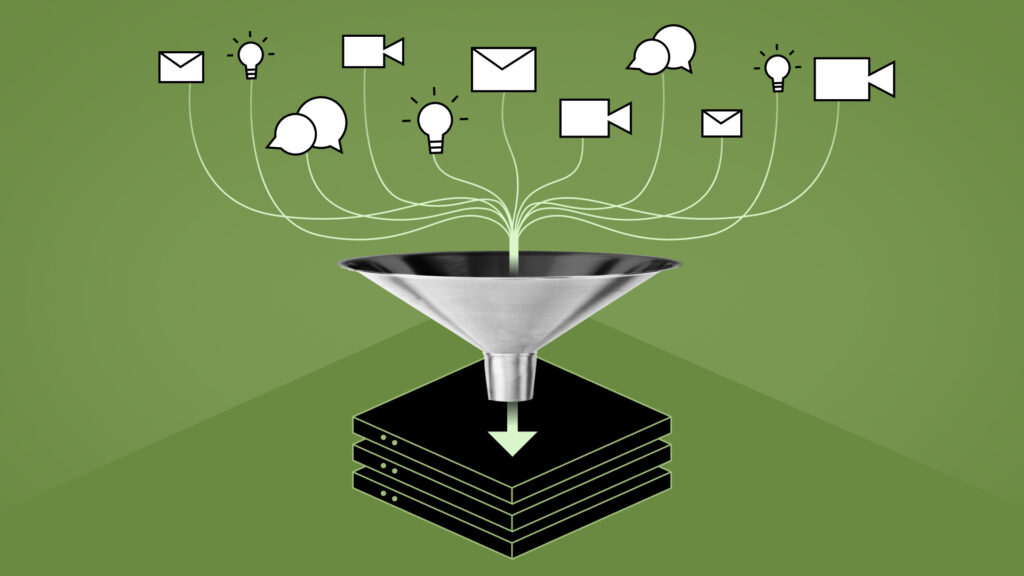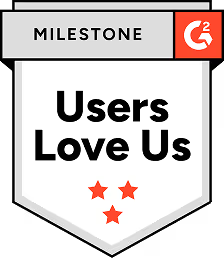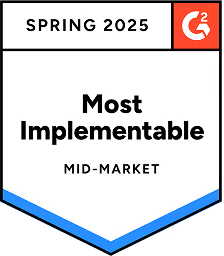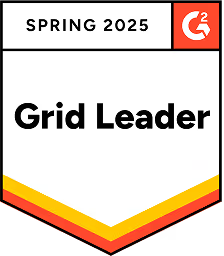How AI Is Shaping Sales Strategy
.jpeg)
Are you ready for the future of sales?
If you said no, it’s quite unfortunate since it’s already here.
Businesses evolve. People change. Sales strategies must too in order to keep up.
Today, we're witnessing an unprecedented change in the sales landscape driven by technology, specifically Artificial Intelligence (AI). In this post, we’ll cover a few different use cases for integrating AI into your sales strategy.
Understanding AI and Its Impact on Sales
Artificial Intelligence isn’t reserved for just sci-fi movies anymore. It’s now our everyday reality.
It seems like every day we’re seeing Generative AI platforms grow in leaps and bounds as they learn, reason, plan, perceive, and process natural language.
Now, let’s translate this application to the sales domain.
Imagine a tool that can analyze your sales data, predict future trends, recommend the best course of action, and even automate routine tasks. Well, that's AI for sales in a nutshell.
For instance, AI-powered CRM systems can help identify high-value prospects, thus enabling sales teams to prioritize their efforts. Similarly, AI backed sales automation platforms like Regie.ai can automate the repetitive parts of prospecting like list building and sequence execution, freeing up time for your sales team to focus on more complex human owned tasks.
The Role of AI in Strategic Selling
“Strategic selling,” writes SaaS content creator Nikita Agarwal, “means sales teams can market their products to different groups of consumers effectively and develop mutually beneficial relationships with their clients.”
That’s only possible if your team is making informed decisions.
It involves understanding your customers, analyzing market trends, and then aligning your sales efforts accordingly. Here, AI acts as your intelligent assistant, providing you with insights that were previously impossible or extremely time-consuming to gather.
Let's consider an analogy; think of AI as your personal GPS for sales. Just as a GPS navigates you to your destination by analyzing real-time traffic data, AI guides your sales strategy based on real-time market and customer data.
How to Adapt: Implementing AI in Your Sales Strategy
Implementing AI in your sales strategy might seem like a gargantuan task, but it doesn't have to be a tough one. If you stick to a simple, clear plan you’ll see huge results. Here is a simplified and detailed step-by-step guide that you can follow:
- Identify Your Needs
Start by assessing your current sales process. Where are the bottlenecks? What tasks take up most of your team's time? Which areas need improvement? This could range from lead generation to sales forecasting and data analysis.
- Understand the Potential of AI
Now that you've identified your needs, it's time to understand what AI can do for you. Can it automate routine tasks? Can it provide actionable insights? Can it personalize your sales efforts? Remember, the goal here is not to replace your sales team but to empower them to be more productive with their time and automate the repetitive parts of their day to day.
- Explore AI Tools
Next, explore the various AI tools available in the market. Each tool has its strengths and specialties, especially those platforms that are verticalized and solve a very specific workflow use case. Some might excel at automating tasks, while others might be better at data analysis. We've compiled a comprehensive list of 11 AI tools for sales to help you make an informed decision.
- Choose the Right AI Tool
Based on your needs and the potential of various AI tools, choose the one that best fits your requirements. Remember, the ideal AI tool should align with your sales objectives and integrate seamlessly into your current sales workflows, not introduce more bottlenecks to your sales process.
- Train Your Team
Once you've chosen an AI tool, it's crucial to train your team on how to use it effectively. This might involve a series of training sessions or workshops. The aim here is to ensure everyone is comfortable with the new tool and understands how to leverage it to its full potential.
- Monitor and Adapt
Finally, monitor the impact of the AI tool on your sales performance. Is it delivering the expected results? If not, don't hesitate to tweak your strategy or even switch to a different tool. Remember, implementing AI is not a one-time task but a continuous process of learning and adapting. We like to call that dancing with AI, massaging the inputs so you can improve the outputs each time.
- Repeat
Now that you've implemented AI in your sales strategy, ask yourself - are you leveraging the power of AI to its full potential? Are there other areas in your go to market team where AI can add value? Keep exploring and innovating to stay ahead of the curve.
Embrace the Future of Sales with AI
If you’re still not convinced about the power of AI in sales? Let's look at real-life success stories. Upwork, the online work marketplace, was able to use Regie.ai and increase their content production rate by 40%, availability of content by 300%, and boost overall campaign conversion by 17%.
And that's not an isolated incident. "Regie is helpful for anyone trying to scale sales development.” said Will Reyes, SDR manager at Crunchbase “By using their product, I don’t have to think about the structures and steps going into an outreach sequence."
Are you ready to become our next success story? Learn more today about Regie.ai and how we can focus your team on building relationships rather than managing tedious workflows.
FAQs
Read more posts
View all BlogsNeed more help?
If you still have questions, make sure to check out our Help Center: there, you'll find all the tips & advice you'll need to get your team up & running with Regie.ai.









